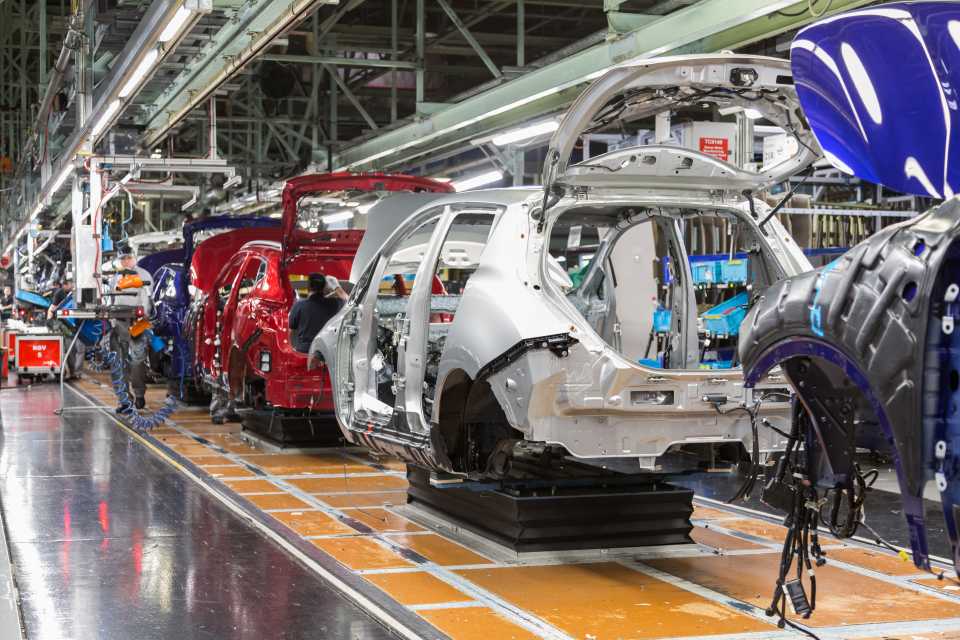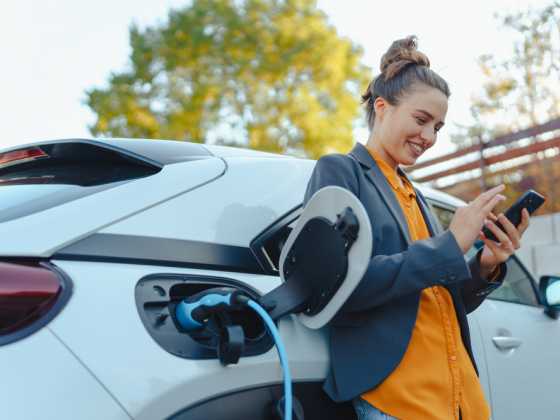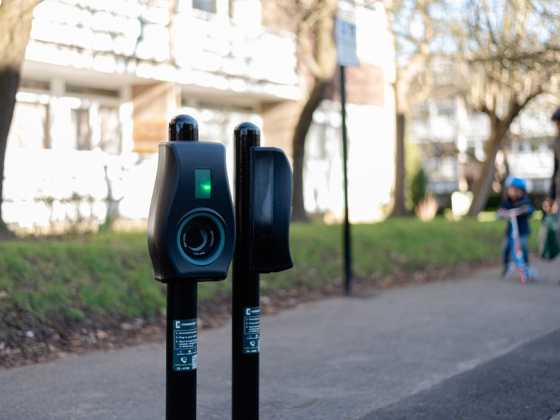Cost of EVs will be on a par with conventional vehicles by 2024

Research by Deloitte has show that while the cost of EVs remains the biggest barrier for consumers, as technology improves, this and other consumer concerns will gradually ease over time. Deloitte predicts that by 2024, the cost to own a BEV will be on par with that of a petrol or diesel vehicle, which could boost demand further.
Deloitte’s research shows the pace of global EV adoption, rising from two million units in 2018, to four million in 2020, 12 million in 2025, before rising to 21 million in 2030. By 2030, Battery Electric Vehicles (BEVs) will significantly outperform the rest of the EV market, accounting for 70% of total EV sales.
Two factors will accelerate BEV uptake, the report finds. These are the growing consumer demand for greener vehicles, and government policies that offer financial incentives while placing inner-city restrictions for gasoline and diesel vehicles.
Michael Woodward, UK automotive partner at Deloitte, said: “In 2018, we saw global EV sales surpass two million units for the first time; twice those sold in 2017. In the UK, the cost of petrol and diesel vehicle ownership will converge with electric over the next five years. Supported by existing government subsidies and technology advances, this tipping point could be reached as early as 2021. From this point, cost will no longer be a barrier to purchase, and owning an EV will become a realistic, viable option for new buyers.”
Growing demand for greener vehicles has seen the majority of OEMs announce their ambitions in the EV market and the emergence of a number of new entrants to the automotive market. However, Deloitte’s research suggest that the number of manufacturers is unsustainable.
Woodward continues: “Whilst there is a distinct trend developing in the EV market, the story is not a clear cut one. As manufacturers increase their capacity, our projections suggest that supply will vastly outweigh consumer demand by approximately 14 million units over the next decade. This gearing up of EV production is driving a wide ‘expectation gap’ and manufacturers, both incumbent and new entrants alike, will need to adapt towards this new competitive landscape.
“Those that can successfully build trust in their brand, ensure a positive customer experience from initial sale through to aftercare, and reflect consumer shifts towards the sharing economy in future business models will successfully navigate this. Equally, continual investment in engineering talent and the formation of partnerships with bespoke battery producers and third-party mechanic networks will also be important.”



